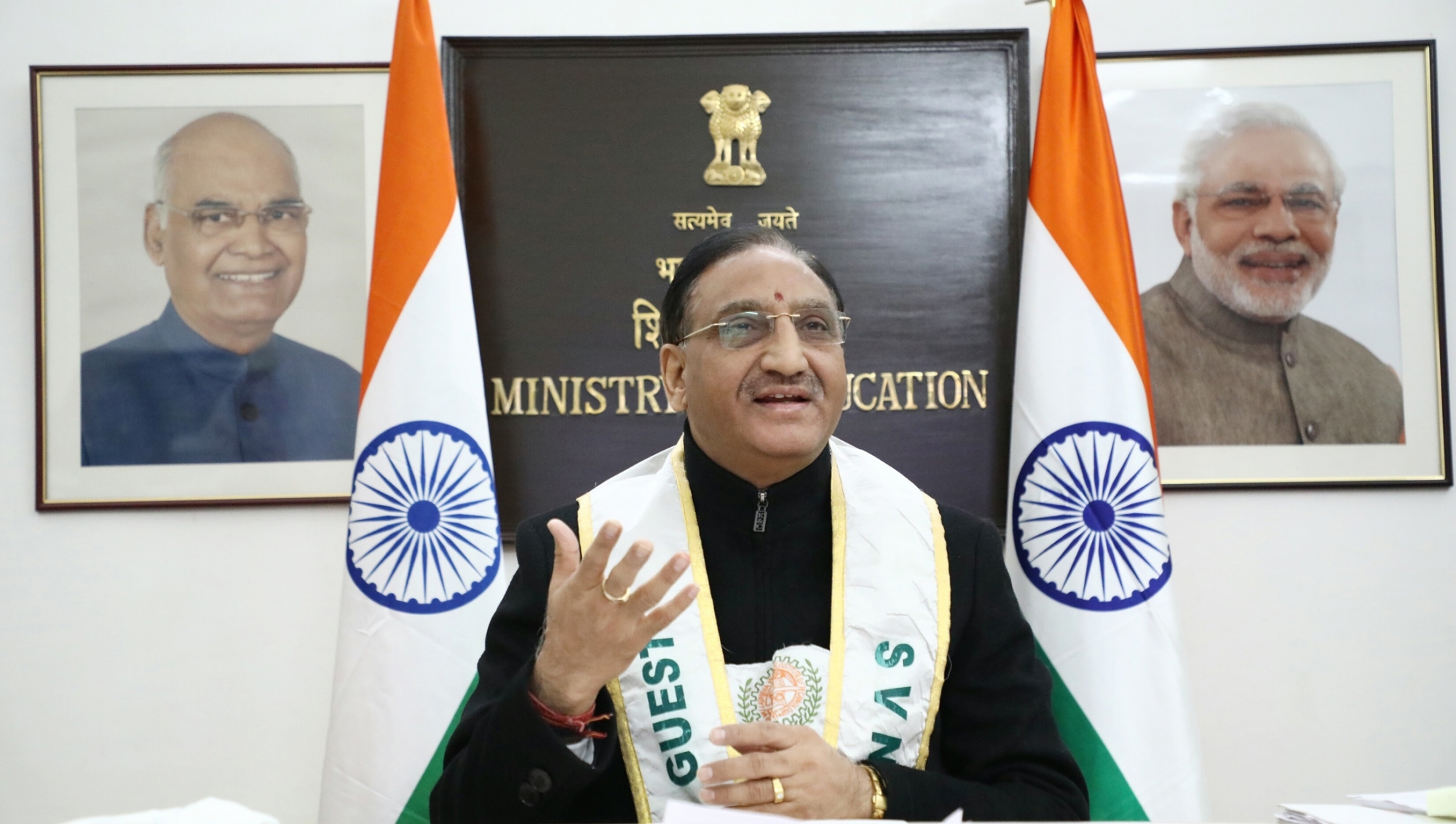New Delhi, March 4 (IANS) In the 11th edition of QS World University Rankings by subject released by global higher education consultancy QS Quacquarelli Symonds, 12 leading Indian universities and higher education institutions have achieved top-100 positions in their subjects. In total, 25 Indian programmes feature in the top 100 bracket, one fewer than 2020. Twelve Indian institutions have made it to the top 100 of the world - IIT Bombay, IIT Delhi, IIT Madras, IIT Kharagpur, IISC Bangalore, IIT Guwahati, IIM Bangalore, IIM Ahmedabad, JNU, Anna University, University of Delhi and O.P Jindal University. The 2021 instalment of QS's global university performance comparison offers independent data on the performance of 253 programmes at 52 Indian higher education institutions across 51 academic disciplines. QS also found that two institutes of eminence achieved top 50 ranks for mineral and mining engineering: IIT Bombay (41st, no change) and IIT Kharagpur (44th, up two places). These, along with IIT Madras' 30th place rank for petroleum engineering, are the highest ranks achieved by the public institutes of eminence across this year's subject rankings. IISc Bangalore retains top 100 rank for materials science (78th) and chemistry (93rd). IIT Delhi is ranked in 13 subject tables. It achieved top 100 rank in electrical and electronic engineering (54th, down from 49th in 2020), computer science (70th), and mechanical engineering (79th). The public institutions of eminence remain significantly better-represented in the QS World University Rankings than the private ones. Of the 10 private universities selected as institutions of eminence, six have made it to the subject rankings, recording some positive results. O.P. Jindal Global University has entered the global top 100 for law at the 76th place. This is the only top 100 result achieved by a private institute of eminence. The Birla Institute of Technology and Science has entered the rankings for pharmacy and pharmacology, placing itself in the 151-200 band. It has also entered the rankings for mathematics (451-500 band) and business and management studies (451-500 band). Jamia Hamdard has entered the top 150 for pharmacy and pharmacology, while Manipal Academy of Higher Education has entered the top 200 in the same category. Vellore Institute of Technology has broken into the top 300 for electrical and electronic engineering (251-300 band). Union Education Minister Ramesh Pokhriyal 'Nishank' has expressed his happiness and congratulated the 12 Indian institutions on securing positions in the top 100 of the QS subject rankings. He said over the last few years, the government's continuous focus on improvement and reform in Indian higher education sector has resulted in significant improvement in the representation of Indian institutions in globally acclaimed and reputed rankings like QS. These rankings and ratings have fostered healthy competition among the Indian institutions, motivating them towards global excellence, he added. The minister said India's higher education system plays a vital role in driving the nation's competitiveness. Today, India is a leading nation with the highest number of higher education institutions across the globe with significant progress made in the last few years in terms of enrolment in higher education which now stands at 37.4 million, he said. The minister also highlighted the achievements of the government in addressing the gender gap in higher education, wherein women now constitute 48.6 per cent of the total enrolment. Pokhriyal said new reforms have been brought through the National Education Policy 2020 in the Indian education system under the able leadership of Prime Minister Narendra Modi. Speaking on NEP, he said it stresses on transforming Indian higher education into a knowledge superpower in the 21st century. It also has a forward-looking vision for holistic and multidisciplinary education, eliminating the rigid separation of streams. It paves the way towards internationalisation of education and encourages top world-ranked universities to open campuses in India. The future roadmap for the implementation of the policy needs active participation of all the stakeholders, he added.
12 Indian varsities in top 100 of latest QS world rankings
- by Rinku
- March 05, 2021 2 minutes

Union Education Minister Ramesh Pokhriyal. (Photo: IANS/PIB)











